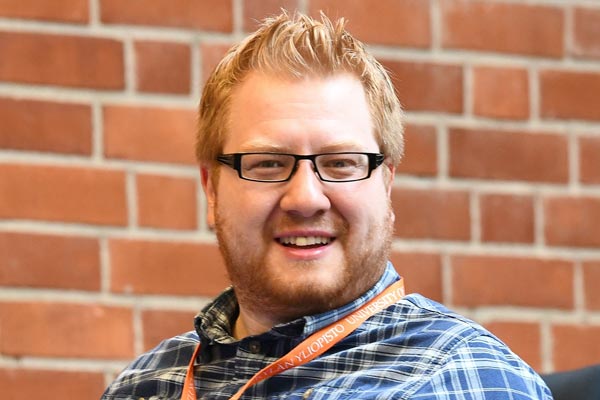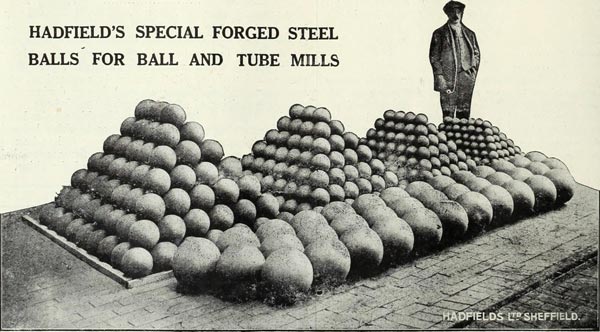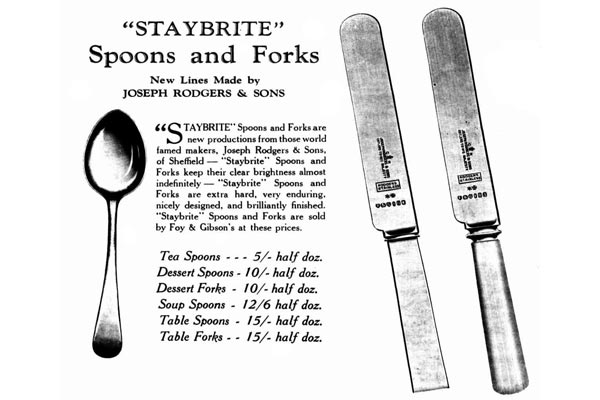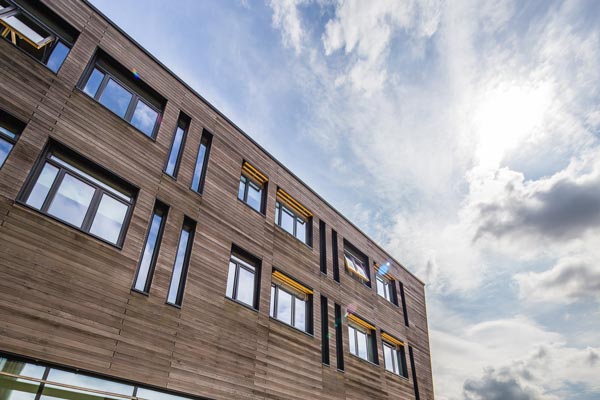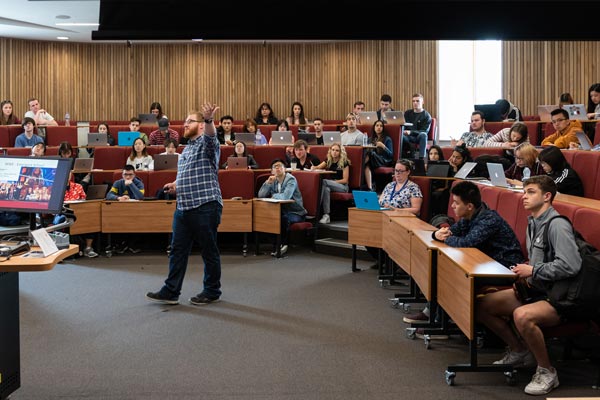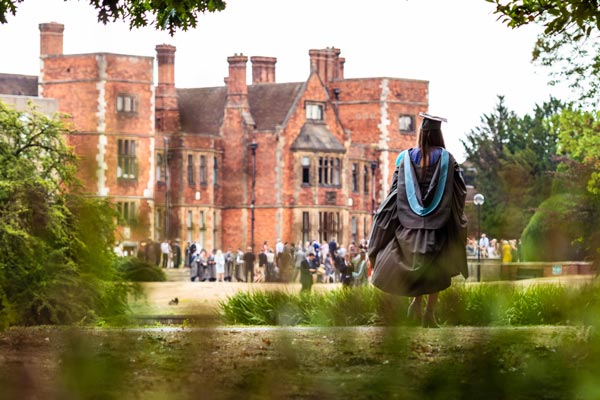Congratulations on getting an offer to study with us! Management is a hugely diverse subject, covering disciplines from economics, to equality, to the environment. Our academics come from all sorts of different backgrounds, and are interested in a wide range of topics.
Chris Corker is our Director of Undergraduate Programmes. His research focuses on the history of the steel industry.

